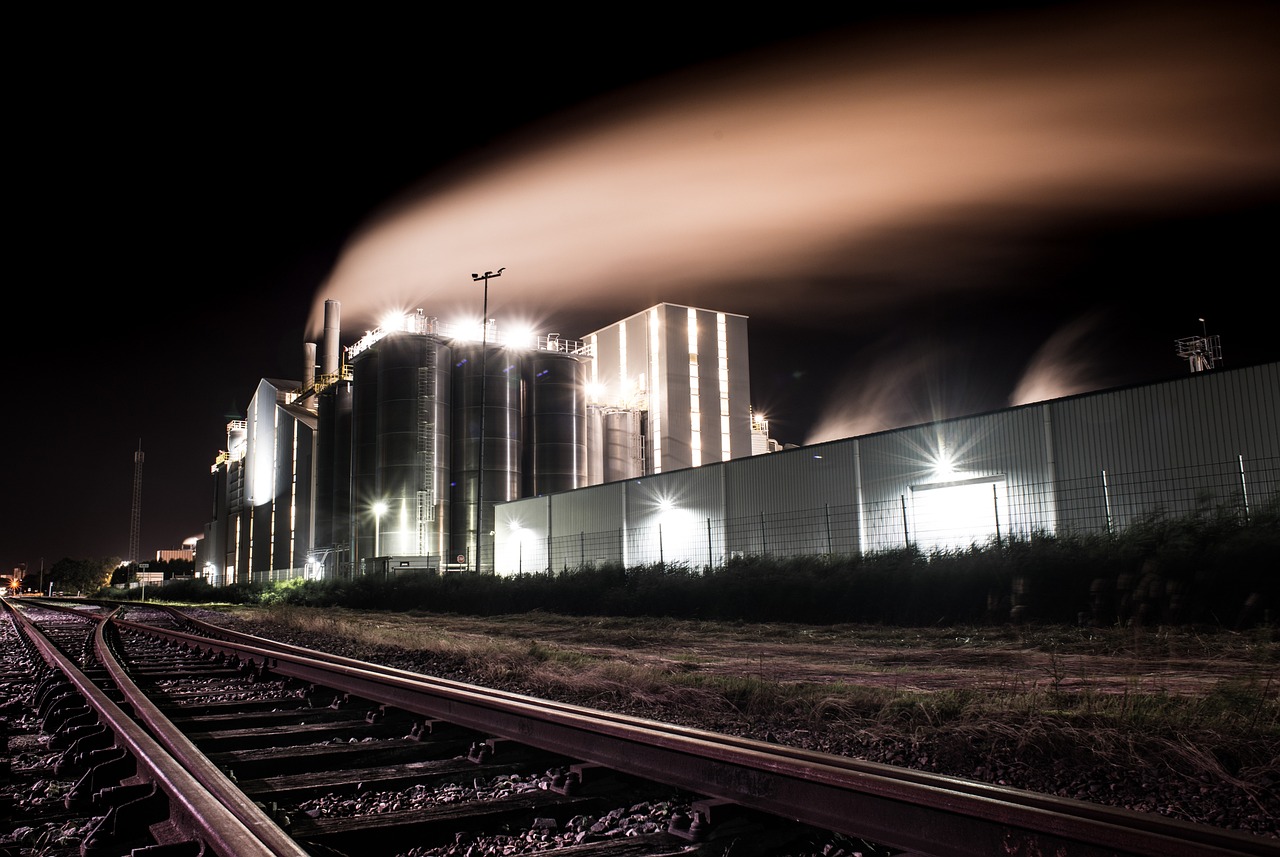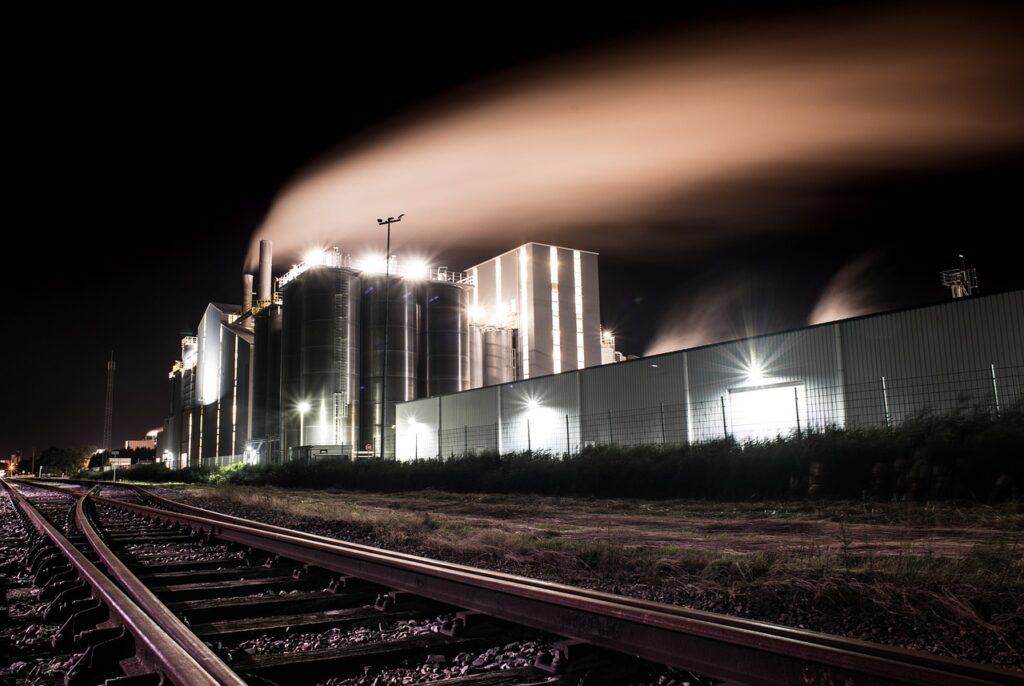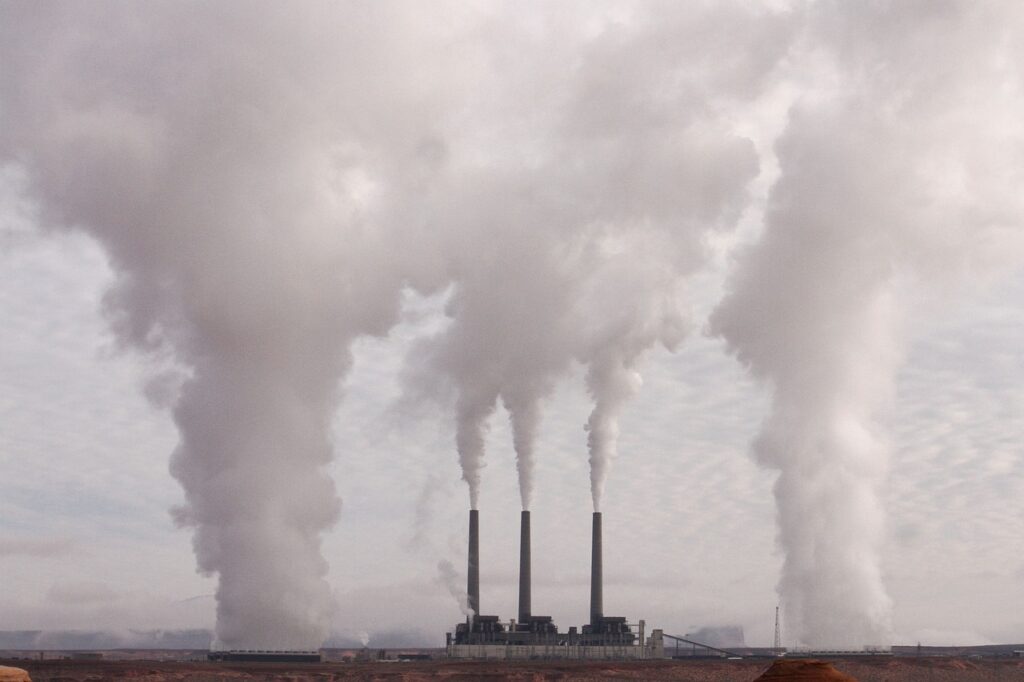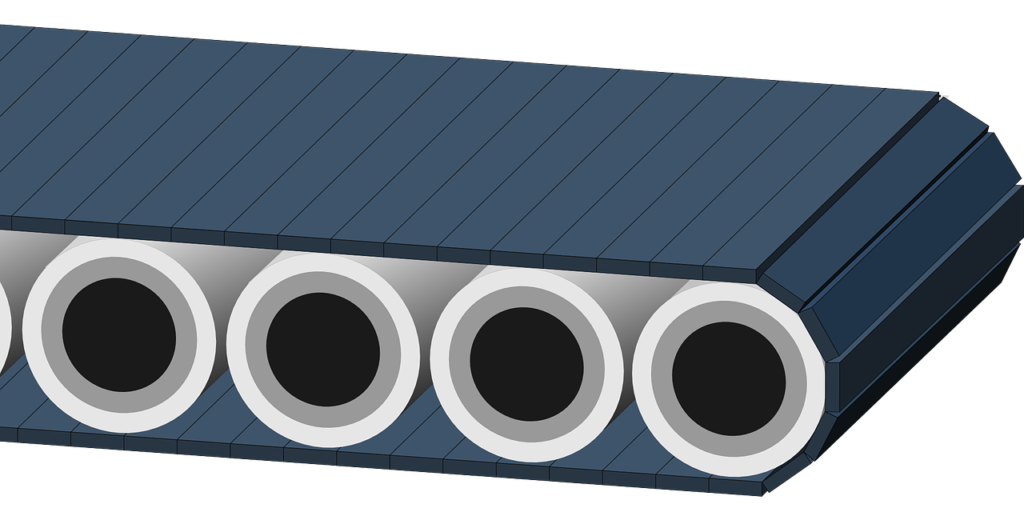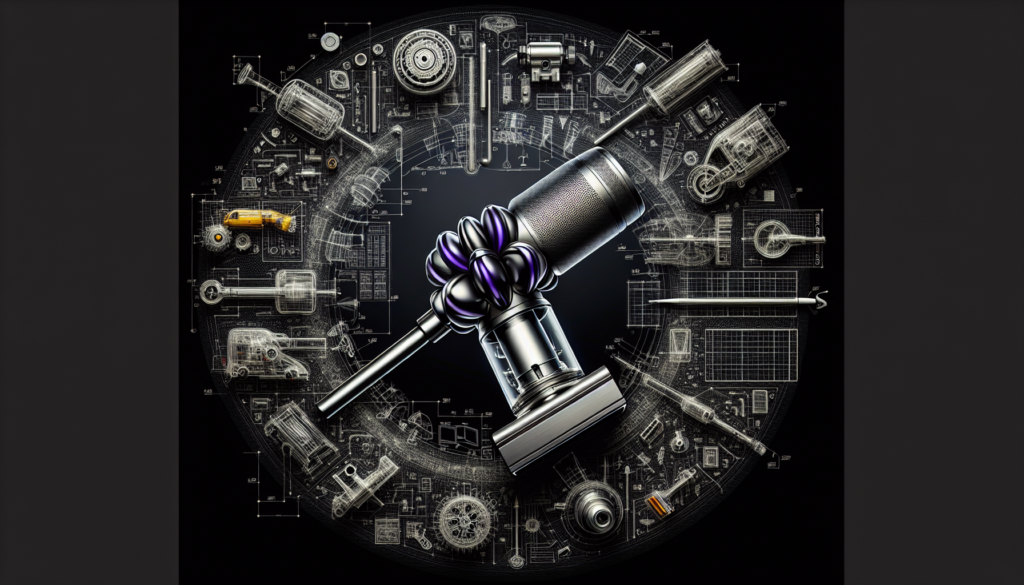Ever wondered where your beloved Dyson vacuum cleaner is made? Look no further! In this article, we will explore the origins of the iconic Dyson brand and uncover the answer to the burning question: where exactly is Dyson made? Get ready to unravel the mystery behind the manufacturing process and discover the fascinating journey of these innovative household appliances. From the United Kingdom to Malaysia, join us on a whirlwind adventure as we explore the global production hubs of Dyson and learn more about the craftsmanship and innovation behind these highly sought-after machines. So, buckle up and get ready to embark on an exciting voyage into the world of Dyson!
Where is Dyson Made
Overview of Dyson
Dyson is a globally recognized technology company known for its innovative and high-performance household appliances. Founded in 1991 by James Dyson, the company is headquartered in Malmesbury, Wiltshire, England. With a focus on research and development, Dyson has revolutionized the market with its cutting-edge designs and advanced engineering techniques.
Establishment of Headquarters
The foundation of Dyson dates back to the early 1990s when James Dyson, an industrial designer and inventor, set out to improve the efficiency of vacuum cleaners. Frustrated with the traditional bag-based models, he developed the first bagless vacuum cleaner using cyclonic separation technology. This breakthrough innovation laid the foundation for the establishment of Dyson.
As the company grew rapidly, Dyson felt the need for a central hub to manage its global operations efficiently. In 2002, Dyson opened its headquarters in Malmesbury, a picturesque town in Wiltshire, England. The headquarters houses various departments, including research and development, design, engineering, and administrative functions.
Manufacturing Locations
Dyson has manufacturing facilities both in the United Kingdom and internationally to cater to the global demand for its products. The company has strategically chosen manufacturing locations based on factors such as cost considerations, access to skilled labor, proximity to suppliers, market demand, supply chain efficiency, and regulatory environment.
In the United Kingdom, Dyson operates manufacturing facilities in Malmesbury, where its headquarters are located. These facilities play a crucial role in the production of Dyson’s cutting-edge appliances, including vacuum cleaners, hair dryers, air purifiers, and lighting products.
On the international front, Dyson has expanded its manufacturing operations to countries like Malaysia, Singapore, and the Philippines. These locations enable Dyson to tap into the skilled workforce and leverage cost advantages offered by these regions.
Key Factors in Decision-making
When it comes to deciding the manufacturing locations, Dyson considers various factors to ensure optimal efficiency and cost-effectiveness. Cost considerations play a significant role, as the company aims to maintain competitive pricing while delivering high-quality products. Access to skilled labor is another crucial factor, as Dyson relies on a highly trained workforce to fulfill its commitment to innovation and excellence.
Proximity to suppliers is vital to minimize transportation costs and ensure a smooth supply chain. By choosing locations that are close to component and material suppliers, Dyson can streamline its production processes and reduce lead times. Additionally, market demand and distribution play a vital role in determining manufacturing locations, as Dyson aims to cater to regional customer requirements effectively.
The efficiency of the supply chain is another critical factor in Dyson’s decision-making process. By optimizing logistics and distribution channels, Dyson can ensure faster delivery and maximize customer satisfaction. Furthermore, the regulatory environment of a particular location is considered to ensure compliance with applicable laws and regulations.
Research and Development Centers
Research and development are at the core of Dyson’s success. The company continually strives to push the boundaries of technology and innovation to develop groundbreaking products that enhance the lives of consumers. Dyson has research and development centers strategically located across the globe to tap into regional expertise and foster collaboration.
These centers, located in the United Kingdom, Singapore, and the United States, serve as hubs for technological research, engineering advancements, and design experimentation. By having multiple R&D centers, Dyson can harness the diverse knowledge and skills of its global workforce, enabling the development of cutting-edge products that cater to the preferences and needs of different markets.
Innovative Design Processes
Dyson has earned a reputation for its innovative and aesthetically appealing designs. The company emphasizes the integration of engineering and aesthetics to create products that are not only functional but also visually appealing. The design philosophy at Dyson revolves around simplicity, elegance, and user-friendliness.
The design process at Dyson involves multiple iterations and prototyping stages. Designers work closely with engineers to ensure that the final product not only meets functional requirements but also delivers an exceptional user experience. These iterative design cycles involve rigorous testing and refinement to achieve optimal performance and durability.
Leveraging Global Supply Chain
To ensure the efficient production of its appliances, Dyson leverages a global supply chain network. The company sources components and materials from various suppliers worldwide, maintaining strong relationships built on trust and mutual collaboration. By diversifying its supplier base, Dyson mitigates the risks associated with relying on a single source.
Efficiency in logistics is crucial to Dyson’s supply chain strategy. By optimizing transport routes, implementing advanced warehouse management systems, and utilizing state-of-the-art technology, Dyson ensures the seamless flow of components and finished goods. This efficient supply chain enables the company to meet customer demands promptly and efficiently.
Moreover, Dyson has established distribution channels that span across various regions, allowing the company to reach customers worldwide. These channels include both online and physical retail, ensuring widespread accessibility of Dyson’s products.
Quality Assurance Measures
Dyson places a strong emphasis on product quality and customer satisfaction. The company maintains rigorous quality assurance measures throughout the manufacturing process to ensure that each appliance meets its high standards. From the sourcing of components to the final assembly, every step is carefully monitored and inspected.
Dyson implements stringent testing procedures to evaluate the performance, reliability, and safety of its products. These tests include endurance testing, environmental testing, and safety certification to guarantee that the appliances can withstand real-life usage scenarios and comply with international standards.
Continuous improvement is at the heart of Dyson’s quality assurance efforts. The company actively seeks feedback from customers and uses it to refine and enhance its products. By incorporating customer insights into the design and production processes, Dyson aims to consistently deliver innovative and reliable appliances that exceed expectations.
Impact of Brexit
As a company based in the United Kingdom, Dyson has been affected by the implications of Brexit, which refers to the UK’s decision to leave the European Union. The uncertainty surrounding trade agreements and regulatory frameworks has posed challenges for businesses across various industries, including Dyson.
Brexit has necessitated changes in supply chain strategies and increased complexities in cross-border trade. Dyson has taken proactive measures to adapt to the new realities, including evaluating and adjusting its manufacturing footprint and sourcing strategies. The company remains committed to delivering its renowned products to customers without compromising on quality or customer satisfaction.
Future Expansion and Adaptation
Looking ahead, Dyson has a robust growth strategy in place to adapt to evolving market dynamics and expand its global presence further. The company plans to explore potential new manufacturing locations that offer strategic advantages in terms of cost, skilled labor, and market access.
Additionally, Dyson strives to stay at the forefront of sustainability practices. The company aims to incorporate environmentally friendly solutions into its manufacturing processes and reduce its carbon footprint. By focusing on sustainable practices and developing eco-friendly products, Dyson intends to contribute positively to the global effort of combating climate change.
In conclusion, Dyson’s manufacturing operations span across multiple locations, including the United Kingdom and various international facilities. The company’s headquarters in Malmesbury, England, serve as the central hub for research, development, and administration. By considering factors such as cost, labor, proximity to suppliers, and market demand, Dyson strategically determines its manufacturing locations. With a strong focus on research and development, innovative design processes, a global supply chain, and stringent quality assurance measures, Dyson continues to deliver cutting-edge appliances that meet customer needs. Despite the challenges posed by Brexit, Dyson remains committed to future expansion and adaptation, while prioritizing sustainability in its business practices.
